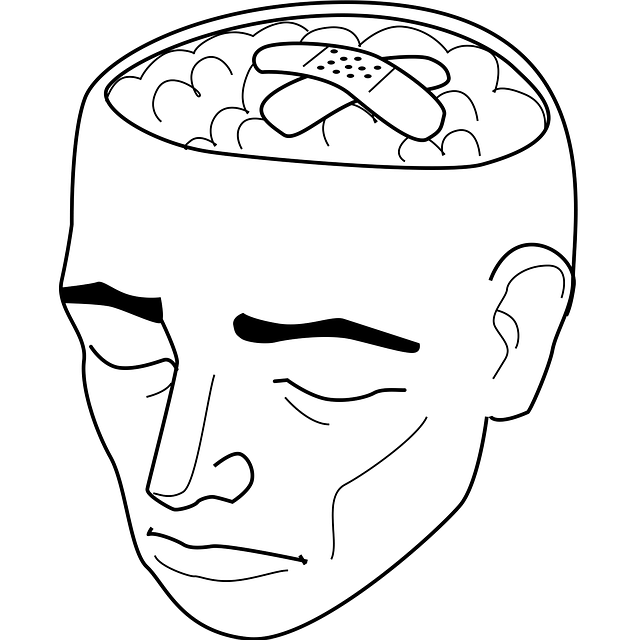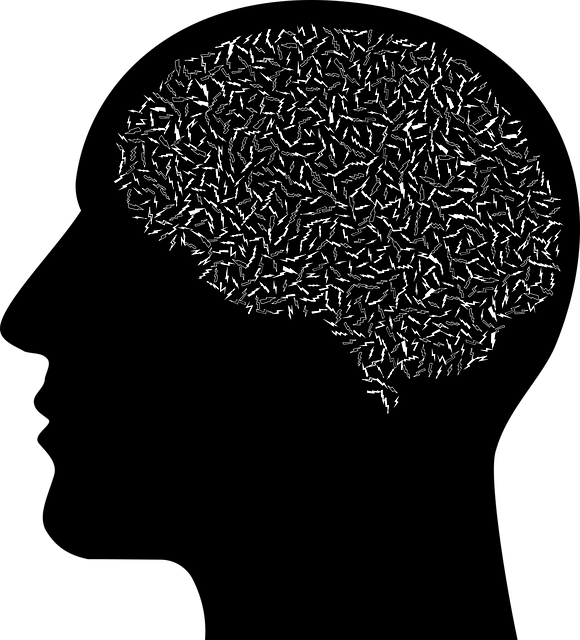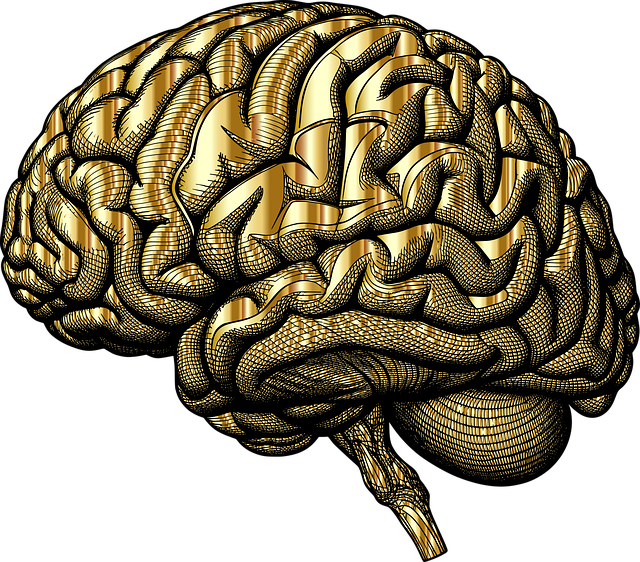Westminster Christian Counseling Therapy (WCCT) leads in mental health education, aiming to destigmatize and empower individuals. Their specialized programs cater to diverse demographics, collaborating with community leaders for tailored initiatives. Integrating evidence-based practices like CBT and mindfulness, WCCT's curriculum focuses on stress management, resilience building, and emotional intelligence. Through strategic planning, holistic approaches, and dynamic techniques, they offer engaging workshops and discussions. Evaluation is crucial, allowing them to adapt and improve their programs based on participant feedback, ensuring a relevant and impactful learning experience.
Westminster Christian Counseling Therapy (WCCT) has pioneered a comprehensive mental health education program designed to break stigma and promote awareness. This initiative targets diverse community groups, offering tailored programs that integrate evidence-based practices and thematic focuses. From curriculum development to practical implementation strategies and rigorous evaluation, WCCT ensures its programs overcome challenges, foster continuous improvement, and achieve long-term impact. Discover how this innovative approach enhances mental health literacy and support within the community.
- Understanding Mental Health: Breaking Stigma and Promoting Awareness at Westminster Christian Counseling Therapy
- Identifying Target Audiences: Tailoring Programs for Different Groups within the Community
- Curriculum Development: Integrating Evidence-Based Practices and Thematic Focuses
- Practical Implementation Strategies: Logistics, Facilitation Techniques, and Overcoming Challenges
- Evaluation and Feedback: Measuring Success, Ensuring Continuous Improvement, and Fostering Long-Term Impact
Understanding Mental Health: Breaking Stigma and Promoting Awareness at Westminster Christian Counseling Therapy

At Westminster Christian Counseling Therapy, we believe that understanding mental health is a powerful tool to break down stigma and promote awareness within our community. Our educational program aims to equip individuals with knowledge about emotional well-being promotion techniques, fostering an environment where self-care routine development becomes a natural part of daily life. We understand that nurturing inner strength is vital for navigating life’s challenges, and our approach focuses on empowering people to recognize and manage their mental health effectively.
Through interactive workshops and engaging discussions, we delve into various aspects of mental health, encouraging open conversations that challenge misconceptions. By providing a safe space, we enable individuals to explore self-care practices tailored to their unique needs, promoting resilience and overall well-being. Westminster Christian Counseling Therapy is committed to revolutionizing the way people perceive and care for their mental health, fostering a supportive network that celebrates emotional intelligence and inner strength development.
Identifying Target Audiences: Tailoring Programs for Different Groups within the Community

Identifying target audiences is a crucial step in designing effective Mental Health Education Programs. Different groups within the community have distinct needs and challenges when it comes to mental health. For instance, programs aimed at adolescents should focus on resilience building and coping mechanisms tailored to their age group, while adult populations might benefit more from stress management techniques and emotional well-being promotion.
At Westminster Christian Counseling Therapy, we understand the importance of this customization. Our counselors work closely with community leaders, schools, and local organizations to design programs that resonate with specific groups. By considering cultural sensitivities, socioeconomic factors, and unique life experiences, we ensure that our Mental Health Education Programs Design is inclusive, relevant, and impactful for everyone in the community.
Curriculum Development: Integrating Evidence-Based Practices and Thematic Focuses

Curriculum development for a mental health education program should integrate evidence-based practices to ensure its effectiveness. Westminster Christian Counseling Therapy can serve as a model, incorporating strategies proven successful through rigorous research. By adopting evidence-based techniques such as cognitive behavioral therapy (CBT) and mindfulness practices, the program can provide participants with valuable tools for managing their mental well-being.
Thematic focuses play a crucial role in shaping the curriculum, allowing for a structured yet flexible learning experience. Topics like stress management, resilience building, and emotional intelligence can be woven into the fabric of the program, offering practical insights tailored to real-life challenges. This thematic approach, combined with evidence-based practices, prepares healthcare providers, such as those in mental health Policy Analysis and Advocacy or undergoing Healthcare Provider Cultural Competency Training, to deliver compassionate and competent care while fostering a culture that prioritizes Mind Over Matter principles.
Practical Implementation Strategies: Logistics, Facilitation Techniques, and Overcoming Challenges

Implementing a mental health education program requires strategic planning and innovative approaches to ensure its success. At Westminster Christian Counseling Therapy, we believe in a holistic approach that considers the unique needs of each participant. Logistics play a pivotal role; this includes selecting suitable venues, scheduling sessions at convenient times, and ensuring adequate resources for interactive activities. For instance, group discussions can foster a sense of community, encouraging open dialogue on sensitive topics like stress management or crisis intervention guidance.
Facilitation techniques are equally critical. Trained facilitators who possess strong communication skills and empathy can guide conversations effectively, especially when addressing diverse backgrounds and experiences. Overcoming challenges is an art; programs should be adaptable to individual learning styles and cultural contexts. Incorporating interactive elements, such as role-playing scenarios for mood management, allows participants to engage actively with the material. By combining practical exercises with theoretical knowledge, the program becomes a dynamic tool for enhancing mental health awareness and empowering individuals with valuable coping strategies.
Evaluation and Feedback: Measuring Success, Ensuring Continuous Improvement, and Fostering Long-Term Impact

Evaluation and feedback are integral components of any successful mental health education program, especially those offered by Westminster Christian Counseling Therapy. Measuring the impact and effectiveness of these programs is essential for continuous improvement and ensuring long-term benefits for participants. By collecting and analyzing feedback from individuals who have gone through the courses, therapists can gain valuable insights into what aspects of the program are resonating with learners and which areas need refinement.
This process allows for tailored adjustments to the curriculum, ensuring that the programs remain relevant, engaging, and impactful. For instance, feedback might highlight the effectiveness of self-care routine development for better mental health or coping skills development, encouraging therapists to place greater emphasis on these aspects. Additionally, conflict resolution techniques could be enhanced based on participant experiences, fostering a more harmonious learning environment. Continuous evaluation enables Westminster Christian Counseling Therapy to offer programs that not only meet current needs but also adapt to the evolving landscape of mental health education.
Westminster Christian Counseling Therapy’s (WCCT) mental health education programs offer a comprehensive approach to fostering community well-being. By addressing stigma, tailoring content for diverse audiences, and integrating evidence-based practices, WCCT ensures impactful learning. Their practical implementation strategies and continuous evaluation ensure these programs make a lasting difference in people’s lives. This structured curriculum design enables WCCT to provide valuable mental health education that can revolutionize community support and access to care.














